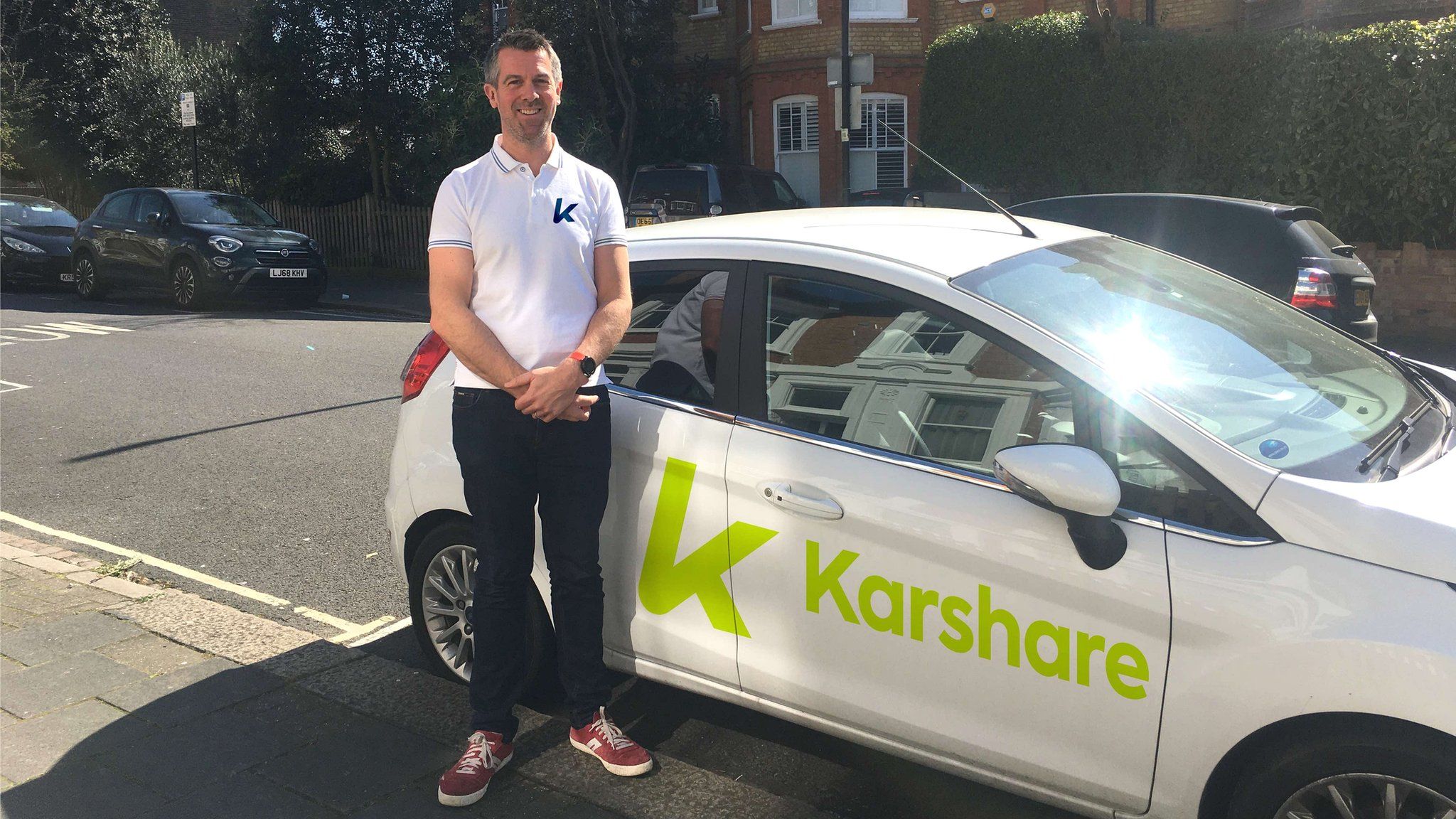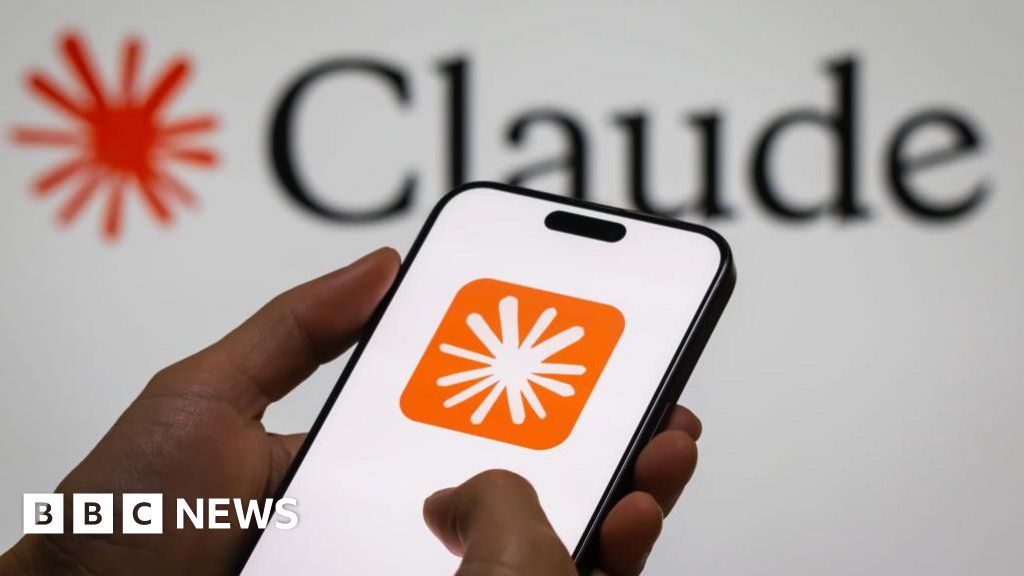ARTICLE AD BOX
 Image source, Karshare
Image source, Karshare
Andy Hibbert founded Karshare in 2016 but it folded this year
By Dougal Shaw
Business reporter, BBC News
Prime Minister Rishi Sunak said recently he wants to make the UK more like Silicon Valley, so "people are unafraid to give up the security of a regular pay cheque to start [a business] - and be comfortable with failure".
London-based entrepreneur Andy Hibbert did just that in 2016 when he set up Karshare, which he describes as "like Airbnb, but for car sharing". The business failed this year.
Like so many, it was hit by the double impact of Covid followed by the Ukraine war - but it also came up against a more unusual and unsavoury problem.
Karshare was Mr Hibbert's first start-up. Prior to that he had a successful career in the travel industry, working for British Airways, EasyJet and corporate travel agency Reed & Mackay.
The idea for Karshare was inspired by a trip to the US, where he had a bad car-hire experience and noticed the impact of Airbnb.
What if you could rent out your car to tourists visiting your country when you left it at the airport? he wondered.
He raised money from angel investors and persuaded Gatwick to sign up in Karshare's first year. The airport added a third option on its website, so after Short Stay and Long Stay, came "Rent and Earn".
This freed up space in their car parks, giving them extra capacity.
Karshare sorted out an insurance policy, the valeting of cars and key transfer.
Other companies like Turo in the US and Hiyacars in the UK were trying the Airbnb model with car sharing too, so the airport partnership was Karshare's unique selling point.
One in 50 people were selecting "Rent and Earn" on Gatwick's website by early 2020, says Mr Hibbert, and the business was growing. He was in talks with other major airports to roll out the idea.
Then Covid struck and the whole travel industry stalled, breaking Karshare's business model.
Image source, Karshare
Image caption,Karshare's system relied on an app and mobile technology
The company pivoted in 2021 to allow people to rent their cars from their homes instead. It also installed a special keyless system for cars, so that people wouldn't have to wait around for someone to hand over the key.
Following this new business model, Karshare made 1,600 rentals in July 2022 and was in a "high growth phase", according to Mr Hibbert.
However, the war in Ukraine was the second hammer blow.
The start-up required investment to run at a loss, so the idea could spread, but investors (just like consumers) became less willing to part with their money, explains Mr Hibbert, especially for consumer-facing businesses.
Criminal intent
Another surprising problem plagued the business.
"We found that certain unsavoury characters abused the system," says Mr Hibbert.
Criminals had realised they could hire cars more easily and cheaply this way (including flashy ones), as opposed to going to car rental offices in person. They wanted to use vehicles for illicit activity, such as drug dealing, and they often didn't have a licence or had driving convictions.
They found ways to get around Karshare's online checks - paying people to sign up for a car on their behalf, then using still photographs to trick the facial-recognition system.
Image source, Karshare
Image caption,Criminals found ways to cheat the app and then shared their tricks
For users, obviously the thought that criminals might use your car is off-putting. But it raised very practical and costly issues for the business too.
If a criminal took a car out under someone else's name, then crashed it during a police chase, the insurance company would not pay out, because the person driving was not the one named in Karshare's policy.
Or a car might disappear and the criminal claim that it was stolen. Karshare ended up footing the bill. It tried introducing video recognition and random ID checks in response.
There were only about 30 incidents like this out of 19,000 rentals and a user base of 40,000, says Mr Hibbert, but dealing with this issue cost time and money.
What happened to Karshare has parallels with people hacking e-bikes to use them for free, hosting raucous parties on Airbnb, or muggers using e-scooters.
"One lesson learned for any sharing economy business is that you have to ask yourself: how could this system be broken?" says Mr Hibbert. "Once criminals learn a weakness, it's pretty viral in the underworld."
What next?
Just over half of start-ups fold within five years, according to the Entrepreneurs Network.
However, in the UK there has traditionally been a stigma around discussing business failure. Entrepreneurs like Mr Hibbert are starting to challenge that.
Even though he had to close Karshare this summer after the investment money dried up, he has not lost the entrepreneurial bug.
His next move may be from cars to cows, he says. He has been investigating the world of sustainable farming tech, looking at ways to use algae as a fertiliser, and more efficient ways to feed cattle.
For feedback on this article or to suggest another business in the UK that has recently failed, you can contact business reporter Dougal Shaw

 1 year ago
45
1 year ago
45








 English (US) ·
English (US) ·